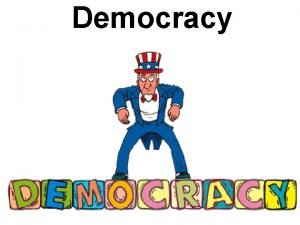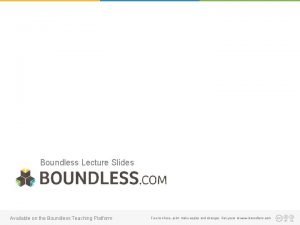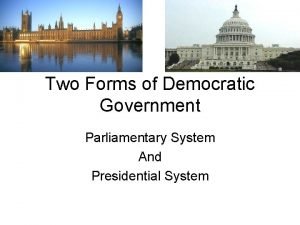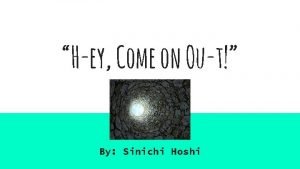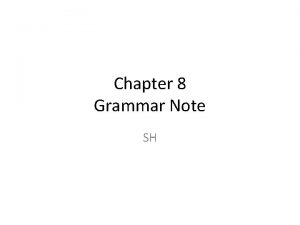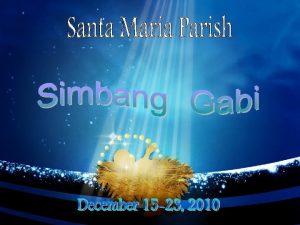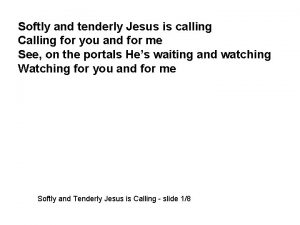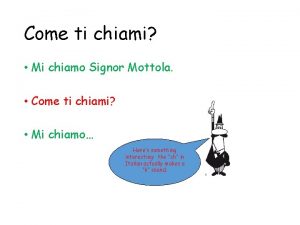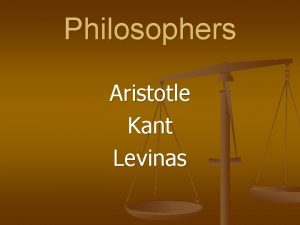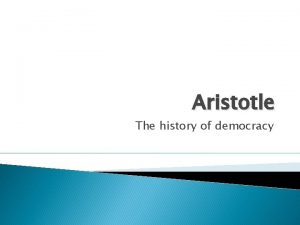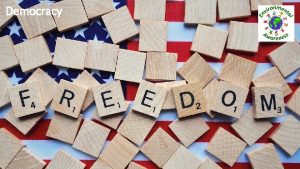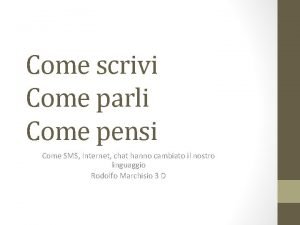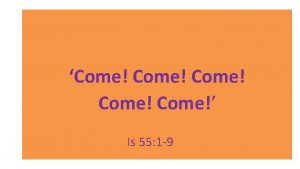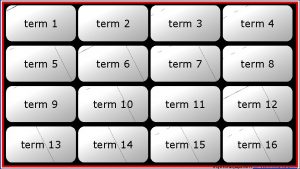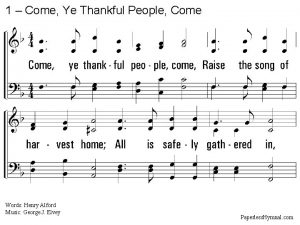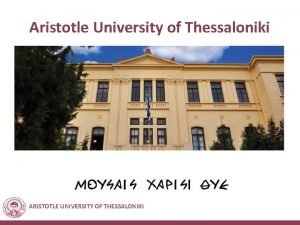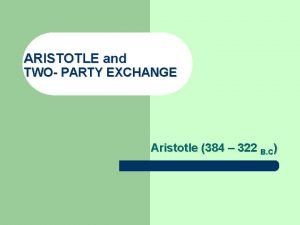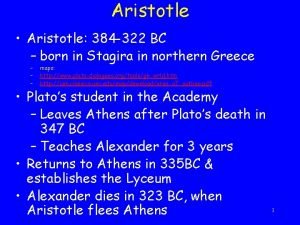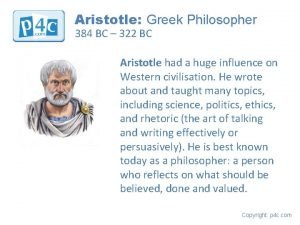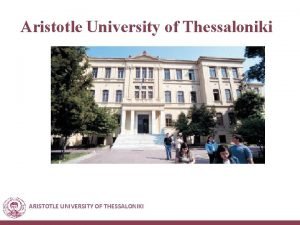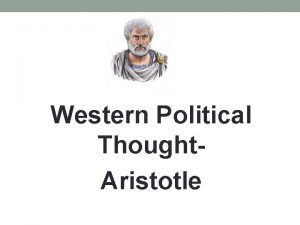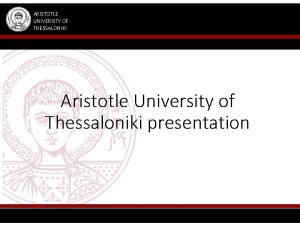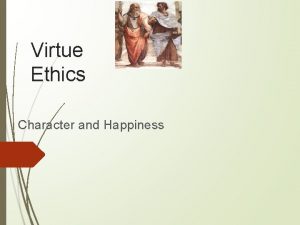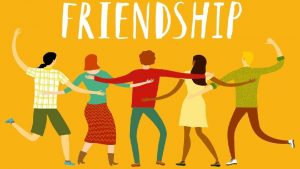Democracy 1 Aristotle democracy technical term people come


















- Slides: 18

Democracy

1. Aristotle • democracy: – technical term people come to power – development over thousands of years – different theories about democracy

1. Aristotle • life history: – lived more then 300 years BC – Greek philosopher

1. Aristotle • theory of democracy • realized that existing system had no future • term of democracy: when people, who are poor and free, are the majority and have the power in the state and use it only for their advantage

1. Aristotle The four steps 1 st step compares different systems of government aim of the power: public welfare (good) aim of the power: Self-interest of the monarch (bad) one monarchy tyranny few monarchs aristocracy oligarchy many monarchs “Politie” democracy

1. Aristotle • 2 nd step differences between oligarchy and democracy under following aspects: – rich or poor – free or unfree – majority or minority

1. Aristotle • 3 rd step results: – there are different kinds of systems of government (for example moderate and extreme kinds of democracy) – you need some preconditions

1. Aristotle • 4 rd step best system of government – mixture of democracy and oligarchy ”Politie”

Theory of Rousseau

His view of the individual • Free, equal, peaceful • Property and civilization conflicts and control

Theory • • • All free and moral citizens are part of the mutual contract Unique and valid at all times and forever Re-establishment of the liberty and equality of the people before civilization had set in

Theory • • • All free and moral citizens are part of the mutual contract Unique and valid at all times and forever Re-establishment of the liberty and equality of the people before civilization had set in

Achievements • Distinction between executive, legislative and judicial powers

Problems/ risks • • Abuse of power Who decides about what is right for the public interest?

Karl Marx



sources http: //turnthebeatup. files. wordpress. com/2012/0 4/wpid-marxism_key_terms 3. jpeg http: //socialism. files. wordpress. com/2008/03/m arxism_anarchism. jpg http: //www. dradio. de/images/32856/square/
 Come rico come sano come pescado
Come rico come sano come pescado Examples of democracy
Examples of democracy Aristotle direct democracy
Aristotle direct democracy Aristotle direct democracy
Aristotle direct democracy Different between parliamentary and presidential
Different between parliamentary and presidential Democracy brainpop answers
Democracy brainpop answers Predication is a technical term that refers to
Predication is a technical term that refers to Come holy spirit, come hymn
Come holy spirit, come hymn He-y, come on ou-t
He-y, come on ou-t Come thou fount come thou king
Come thou fount come thou king Have has
Have has Come come emmanuel son of god appear
Come come emmanuel son of god appear Come mi chiamo
Come mi chiamo Through all generations everlasting is his mercy
Through all generations everlasting is his mercy Come home come home jesus is calling
Come home come home jesus is calling Come mi vedo
Come mi vedo Come on come on turn your radio on
Come on come on turn your radio on Come mi chiamo come mi chiamo
Come mi chiamo come mi chiamo Past tense and past participle of forgive
Past tense and past participle of forgive

